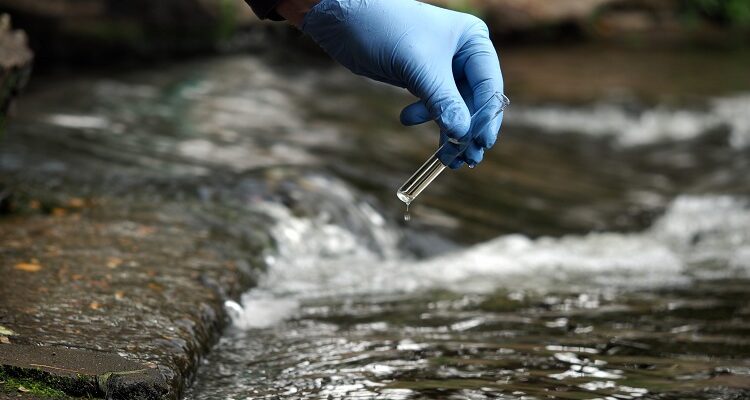Water is an essential resource for life, but the irony is it can also harbor contaminants that can pose dangers to our health and well-being. That being said, contamination testing is crucial to ensure the safety of drinking water (imported, local catchment, desalinated, etc.).
In this article, we are going to take a closer look at the importance of the said procedure, common types of contaminants, testing procedures, and so on.
Table of Contents
What makes contamination testing essential?
Drinking contaminated water can be risky and can lead to a wide array of health issues, from simple gastrointestinal tract issues to severe illness to neurological system ailments. It should be noted, though, that not all water impurities are created equal and some are a lot easier to detect by means of appearance, taste, odor, and so on. On the other hand, others are microscopic and require specialized testing.
Putting the said factor into consideration, bringing water samples to testing lab facilities to perform water conductivity testing and so on, should not be taken for granted.
Below are some of the reasons why:
Safeguard from health risks
Testing, as straightforward and immaterial as it may seem, is essential because, if done properly, can identify viruses, bacteria, heavy metals, chemicals, pesticides, and other foreign matters. Afterward, the water treatment or changes with regard to water sources can be done on a whim.
Pinpointing contamination sources
Pinpointing contamination sources in water is essential when it comes to implementing effective and efficient mitigation strategies. This, in turn, can help ensure the safety of water supplies.
Impurities can come from different sources. The long list includes aging infrastructure, agricultural methods, natural phenomena, industrial wastewater, and so on. Each of the aforementioned sources introduces varying types of contaminants that require different kinds of testing procedures.
Peace of mind
Clean drinking water is important when it comes to achieving optimum health and well-being. However, it is important to note that it takes a more extensive level of importance for those who are in the vulnerable population. They include individuals in their senior years, infants, people with compromised immune systems, and so forth.
Obviously, those who are in the said groups are more likely to develop more detrimental conditions when they consume contaminated water. That being said, it is important for them to always have access to safe and clean drinking water.
Reduce unnecessary expenses
The overall costs that are associated with contaminated water can accumulate over time. Medical expenses, plumbing repairs, and appliance replacements, can eventually add up sooner, if not later. Putting the said factor into consideration, it is best to invest in extensive and regular water contamination testing.
By investing in the said procedure, potential issues can be immediately addressed before more serious issues escalate. This, in turn, gets rid of significant financial burden that should not have accumulated in the first place.
Preserve property value
The overall quality of a property’s water supply can have a significant impact on its value. Consequently, water contamination that requires water hardness testing and the like can deter potential buyers that can lead to a dip on its asking price. In addition to all these, problems that include hard water can lead to scaling in pipes as well as appliances that may require costly repairs and/or replacements.
The good thing is that the said problems would not have arised if proactive analysis that is performed in a testing lab is done on a regular basis. This, in turn, can not only preserve the functionality of a property but also its overall value.
Summing up
In the end, it can be said that water contamination testing is a must for those who want to make sure that the safety and well-being of their loved ones are not compromised in any way.



















Comments